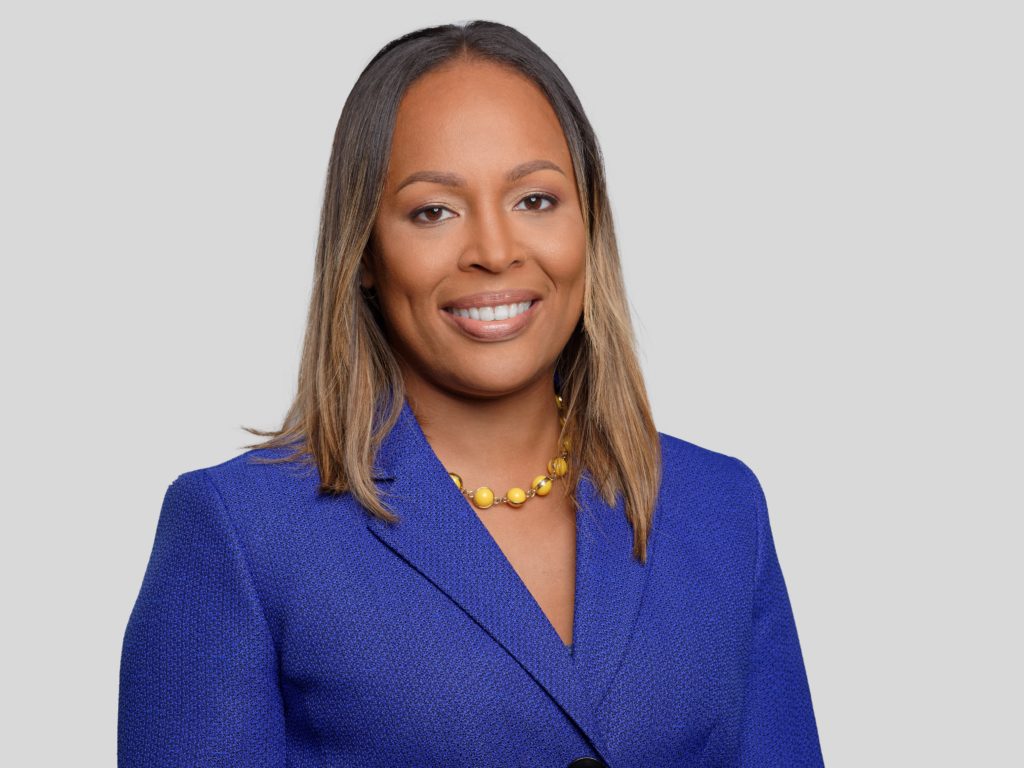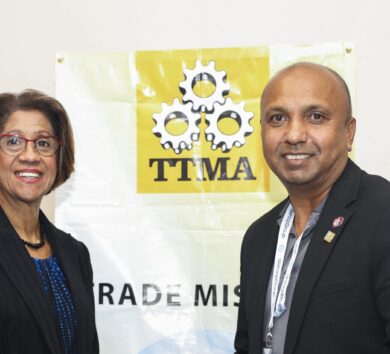

According to the Statistical Institute of Jamaica (STATIN), the Consumer Price Index for May 2022 was 120.9, up 0.3 per cent from April 2022 which closed at 120.4.
With the rise of inflation in a post-pandemic world, and salaries remaining the same, more people are taking an interest in how they can increase their income.
So is it better to research investment options to supplement your income on your own or work with a financial advisor?
Let’s weigh in…
We sat down with Marc Gayle, financial analyst and proud member of #FinanceTwitterJa to discuss do-it-yourself or DIY investing- when individual investors choose to build and manage their own portfolios.
According to Gayle, “There has been a spike in the last few years in both the number of retail investors actively investing and the amount of money they invest, as a lot of people have been taking the improvement of their own financial health into their own hands. There are many avenues for people to learn on their own – from Twitter, a variety of YouTube shows created for our local context, to joining communities via Telegram, to attending meetups where like-minded individuals come together to talk about all things finance.”

“For far too long retail investors have been neglected. To be clear, before jumping in head first I recommend that you invest in your own education. As that old adage goes ‘invest in what you know’. So before you invest, make sure you know what you are investing in,” he continues.
Pre-pandemic, the Jamaican stock market had become much more vibrant as evidenced by a seemingly never-ending flow of initial public offerings (IPOs).
Can you just buy stocks on your own?

“Yes, most stock brokerage firms offer a solution for anyone that wants to buy and sell stocks on their own. If you decide to go that route, as I said before, make sure you inform yourself. You can do this by simply learning how to read financial statements and do company analysis and staying up to date on business & finance/economic news (read the business section of the newspapers and watch/listen to all business news programmes) that might impact you. As with any other type of investment, it’s best to invest in companies you know and are comfortable with. The reason for this is that once you are familiar with them, you can assess the risk for yourself and determine whether it is a good investment for you based on your goals.” Gayle recommended.
So when is it worth working with a financial advisor?
Toni-Ann Neita-Elliott, vice-president of Sales and Marketing of Sterling Asset Management, full-service financial planner, global securities trader and asset management firm specialising primarily in US-dollar investments, explains why buying financial instruments without guidance is not recommended.

“Buying stocks, bonds, mutual funds, ETFs, and any other financial instruments without expert advice is risky. It requires a lot of research, watching the local and international market for trends, and if you’re a busy person, you simply won’t have the time to adequately evaluate options and execute a decision. DIY investing might be cheaper in terms of transaction costs or trading fees but could result in costly mistakes if you don’t know what you are doing,” Toni-Ann Neita-Elliott shared.
Most financially-savvy individuals know that financial planning is more than just playing on the financial markets.
Having a long-term investment approach should be the resilient plan of action to build wealth and cushion the fall in the case of a recession or personal crisis.
“At Sterling, the importance of a financial advisor goes beyond helping you manage your investments – it’s about mitigating risks to help you plan for your future, whether that is planning for retirement, making an estate plan to secure your children’s future, or supplementing your income in the case of inflation,” added Neita-Elliott.
Is DIY investing right for you?

If you’re willing to take on the risk and are comfortable making your own investment decisions, then DIY investing may be a good option for you.
However, if you’re not sure about your investment choices or don’t have the time to commit to research, you should consider working with a financial advisor at one of the certified financial institutions.







Comments